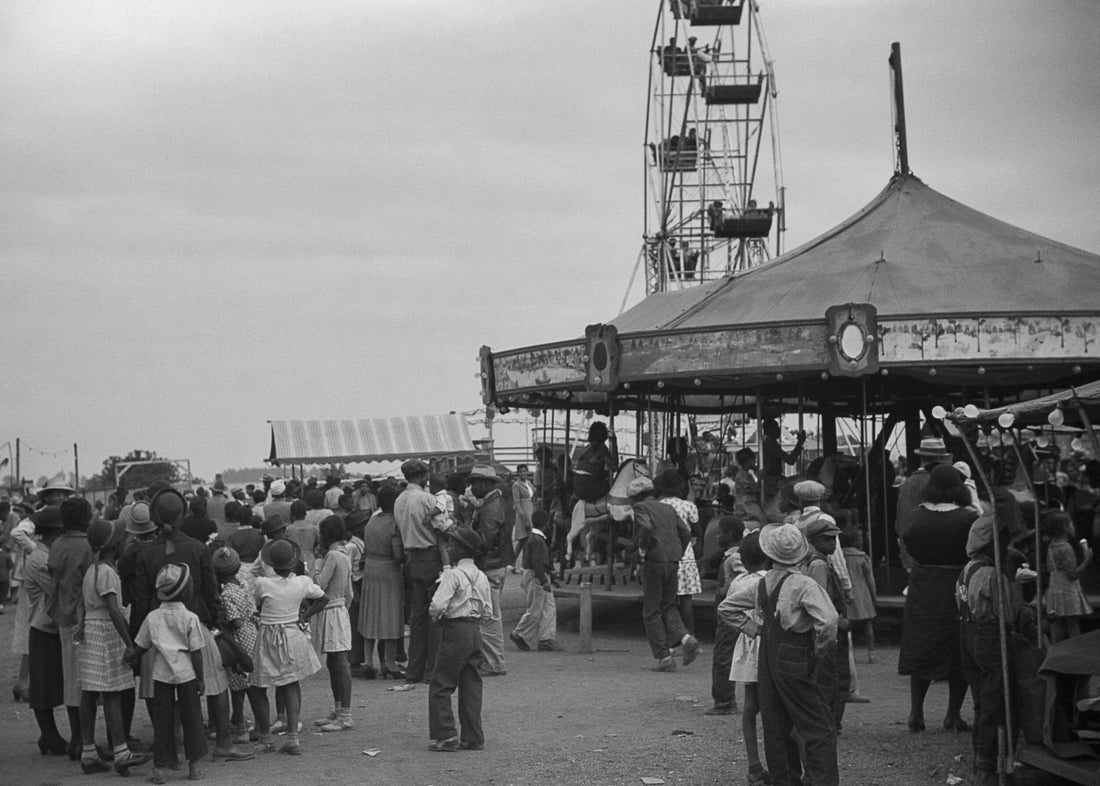
What Does Close But No Cigar Mean?
Ever been this close to winning something, only to come up short? That bittersweet moment is where the phrase “close but no cigar” comes in. It’s a quirky way of saying, “You almost had it—but not quite.” The expression, often served with a side of humor or lighthearted teasing, captures the essence of narrowly missing success. But where did it come from, and why cigars? Let’s dig into the origins of this enduring phrase.
The Origin of The Phrase
To trace the roots of this phrase we have to go back to the 1920s, when carnivals were bustling hubs of entertainment. These traveling fairs were known for their games—ring tosses, shooting galleries, and the like—designed to test your skill (or, more accurately, your luck). Here’s the catch: these games were often rigged just enough to make victory a rare feat.
Back then, cigars were among the most prized rewards for winners. They weren’t just handed out willy-nilly—you had to earn that smoke. And if you didn’t? The game operator, likely grinning, would taunt you with the now-famous phrase: “Close, but no cigar!” The teasing wasn’t meant to comfort your bruised ego but to draw in the next sucker—I mean, player—willing to try their hand at an unwinnable game.

Why Cigars?
In the early 20th century, cigars were a popular symbol of reward and indulgence. They were associated with celebration, achievement, and even status. A fine cigar was something to be savored, making it the perfect prize to lure carnival-goers into parting with their pocket change. And while today’s carnival prizes lean more toward oversized stuffed animals, the sentiment remains: win big, or go home empty-handed.
A Lasting Impact of Cigars on Language and Culture
Even though you’re unlikely to hear the phrase shouted at a modern carnival, this phrase has outlived its origins, working its way into everyday language. Whether it’s a near-miss on a big project or almost scoring a winning goal, the phrase serves as a cheeky reminder of those moments when effort falls just short of glory.
Cigars, it turns out, have a knack for leaving their mark. Beyond “close but no cigar,” they’ve influenced other sayings like “putting on airs” (a nod to puffing cigars as a show of class) and “bigwig,” referring to the cigar-smoking elite. Love them or hate them, cigars have earned their place in cultural and linguistic history.

Conclusion
“Close but no cigar” may have started as a carnival operator’s taunt, but it’s grown into a phrase that perfectly captures life’s little almosts. It’s a reminder that sometimes, the line between success and failure is razor-thin—and occasionally, all you get for your trouble is a metaphorical pat on the back instead of a fine cigar.
While cigars themselves may no longer be carnival prizes, their legacy lives on in language, culture, and celebrations of success. So the next time you hear the phrase—or narrowly miss a win—just remember: cigars, much like life, have a way of leaving an impression, even when they’re out of reach.












